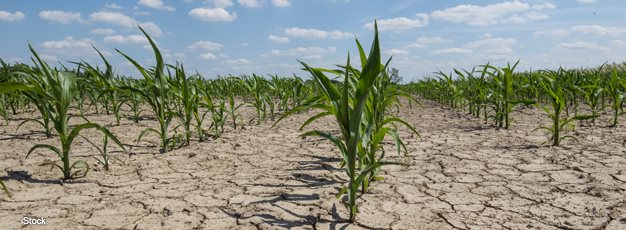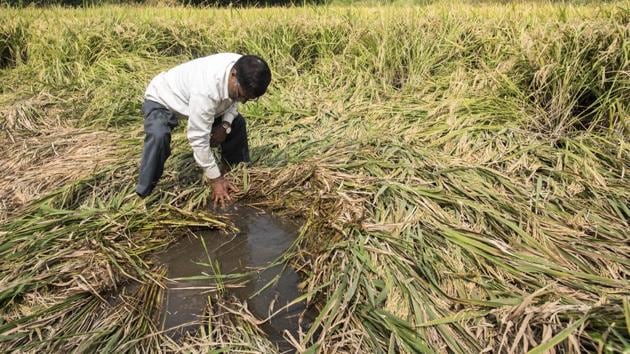Global Warming and Food Security: Navigating the Challenges Ahead
Introduction: As global temperatures continue to rise due to the effects of climate change, the impact on food security becomes increasingly pronounced. Changes in weather patterns, extreme temperatures, and disruptions to ecosystems pose significant challenges to agricultural production and food availability worldwide. In this blog post, we'll explore the intersection of global warming and food security, highlighting the challenges ahead and discussing strategies for navigating them.
Understanding the Impact:
The impact of global warming on food security is multifaceted and far-reaching. Climate change disrupts every stage of the food production process, from planting seeds to transporting goods to market. Changing weather patterns, including more frequent and severe droughts, floods, storms, and heat waves, pose significant threats to crop yields and livestock production. In addition, rising temperatures and changing precipitation patterns can alter the distribution and abundance of pests and diseases, further compromising agricultural productivity. These disruptions reverberate throughout the global food system, affecting everything from food prices to nutrition to political stability. Global warming affects food security in multiple ways:
 |
| A drought field |
Changing Weather Patterns: Shifts in precipitation patterns, increased frequency of extreme weather events such as droughts and floods, and unpredictable growing seasons disrupt agricultural production and reduce crop yields.
Extreme rain caused crop damage - Water Scarcity: Rising temperatures exacerbate water scarcity in many regions, impacting irrigation systems, water availability for crops, and freshwater ecosystems critical for agriculture.
- Crop Pests and Diseases: Warmer temperatures create favourable conditions for the spread of crop pests and diseases, leading to crop losses and reduced food production.
- Loss of Biodiversity: Global warming threatens biodiversity, including pollinators essential for crop production, soil organisms vital for nutrient cycling, and wild plant species that provide genetic resources for agriculture.
The Global Food System Under Stress: The global food system faces increasing pressure from the impacts of global warming:
- Vulnerability of Smallholder Farmers: Smallholder farmers, who rely on rain-fed agriculture and have limited access to resources and technology, are particularly vulnerable to climate change impacts.
- Food Supply Chains Disrupted: Climate-related disruptions in food production, transportation, and distribution chains can lead to food shortages, price volatility, and food insecurity for vulnerable populations.
- Impact on Livelihoods and Nutrition: Climate-related food insecurity affects livelihoods, incomes, and nutrition, exacerbating poverty, malnutrition, and health disparities.
Strategies for Adaptation and Resilience: Adapting to the challenges of global warming requires a multi-faceted approach:
- Climate-Smart Agriculture: Implementing climate-smart agricultural practices such as conservation agriculture, agroforestry, crop diversification, and improved water management enhances resilience to climate change and improves productivity.
- Investing in Research and Innovation: Supporting research and innovation in crop breeding, genetics, and biotechnology can develop climate-resilient crop varieties with traits such as drought tolerance, heat resistance, and pest resistance.
- Building Resilient Food Systems: Strengthening food systems' resilience through investments in infrastructure, market access, storage facilities, and social safety nets helps communities withstand climate-related shocks and stresses.
- Promoting Sustainable Land Use: Protecting natural ecosystems, restoring degraded lands, and promoting sustainable land use practices such as agroecology and land restoration contribute to climate adaptation, biodiversity conservation, and food security.
Conclusion: Global warming poses significant challenges to food security, threatening livelihoods, nutrition, and well-being worldwide. By understanding the complex interplay between climate change and food systems and implementing adaptation and resilience-building strategies, we can navigate the challenges ahead and ensure a sustainable and food-secure future for all.

Comments
Post a Comment